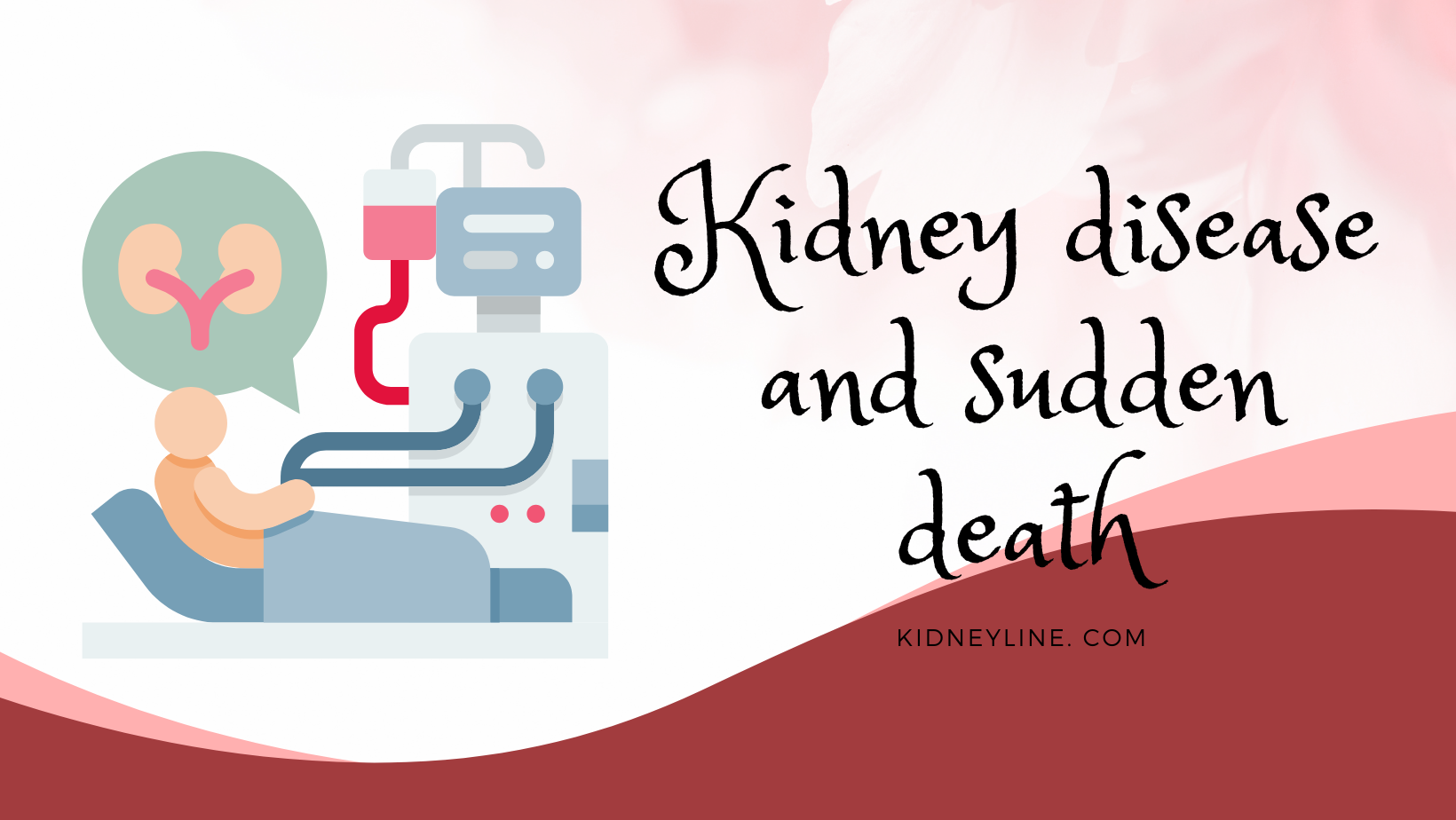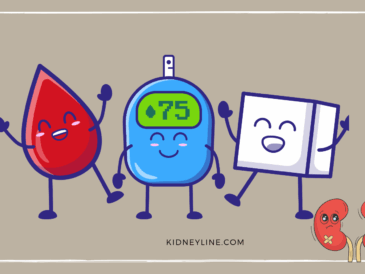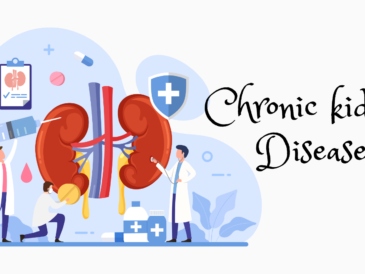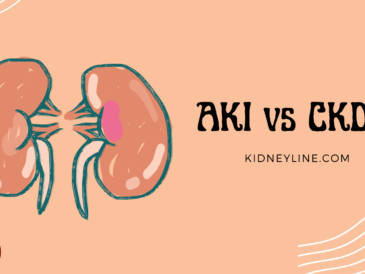Kidney disease frequently develops slowly and quietly. Many people may not realize they have a problem until the kidneys are badly damaged. While treatment can help, untreated kidney disease can sometimes lead to sudden and even fatal complications. Understanding how this happens can help people recognize the danger signs and act in time.
What Happens When Kidneys Fail?
The kidneys act as natural filters for the blood, removing waste and balancing fluids, salts, and minerals. They also produce and regulate important hormones. When the kidneys fail, harmful toxins and excess fluids begin to build up. This doesn’t just affect urine, it touches every major organ system. The heart, lungs, brain, and even the bones can all suffer when kidney function is lost.
How Kidney Disease Affects the Body
Kidney disease puts strain on the entire body in ways that may not be obvious at first. Extra fluid can collect in the lungs, making it hard to breathe. The heart is forced to work harder, often leading to high blood pressure and damage to blood vessels.
Waste products that are normally filtered out instead circulate in the bloodstream, irritating the skin, weakening the bones, and reducing alertness. Over time, the body becomes poisoned by its own buildup of waste.
People with kidney disease also have difficulty making red blood cells. Red blood cells carry oxygen to the body. Because people with kidney failure have low red blood cells, they feel very weak and the cells of the body have difficulty carrying out their normal function.
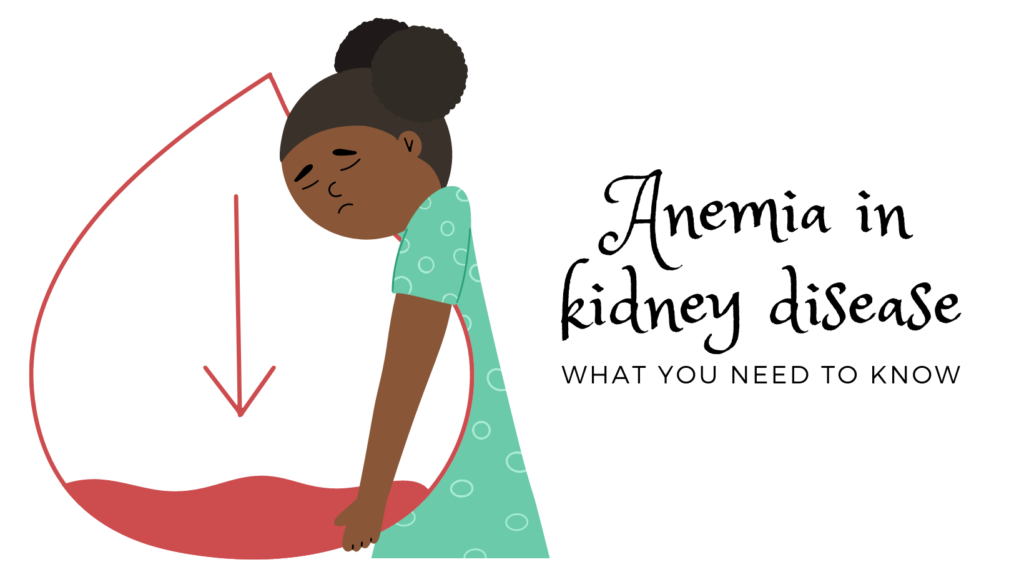
Why Sudden Death Can Occur
The greatest threat in kidney disease comes from the heart. Cardiovascular disease is the leading cause of death in patients with kidney failure. Because the kidneys regulate electrolytes like potassium, even a small imbalance can trigger dangerous heart rhythms. Fluid overload can push the heart into failure, and long-term high blood pressure damages the arteries, making sudden cardiac death more likely.
Signs of Advanced Toxemia
When the kidneys can no longer clear toxins from the blood, a dangerous state called uremia develops. This condition can cause confusion, severe nausea, hiccups, and an ammonia-like odor on the breath.
A serious complication of kidney failure is uremic encephalopathy, where toxins impair brain function. This may start with headaches and poor concentration but can quickly progress to disorientation, seizures, or loss of consciousness. Seizures, in particular, are a dangerous cause of sudden death in kidney disease, especially if the condition is not well managed.
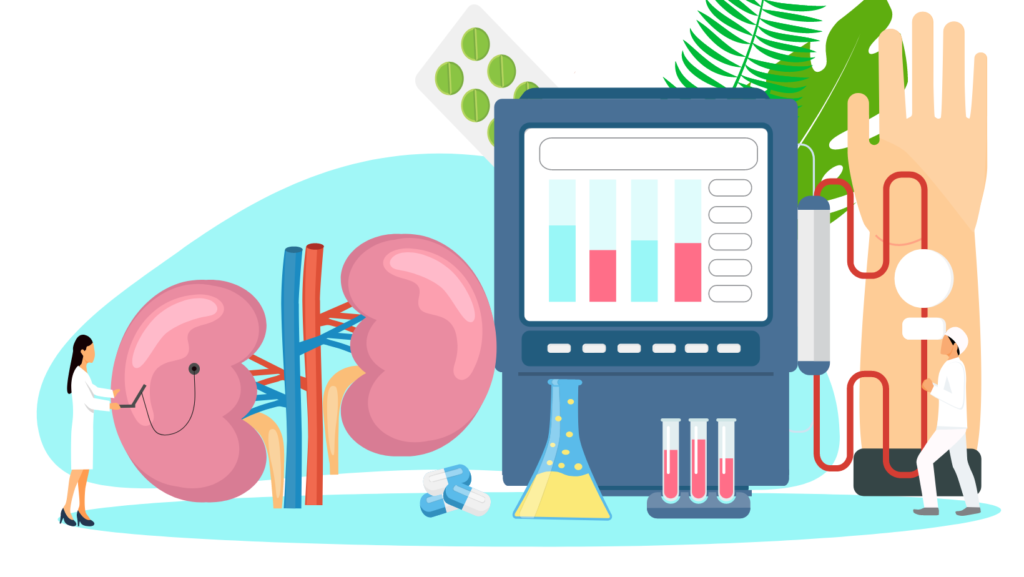
Other Life-threatening Risks
People with kidney failure are more prone to severe infections, since their immune defenses are weakened. Blood clotting is also impaired, which increases the risk of bleeding. On top of that, fluid in the lungs can cause respiratory failure. Each of these problems adds to the risk of sudden deterioration.
Finally,
Kidney disease is not just about making less urine—it is a whole-body illness that can quietly reach a breaking point. Sudden death is most often linked to heart complications, seizures, or overwhelming buildup of toxins in the body.
The good news is that early detection and treatment—through diet, medication, dialysis, or transplant—can greatly reduce these risks. For anyone with diabetes, high blood pressure, or a family history of kidney disease, regular checkups are essential.
